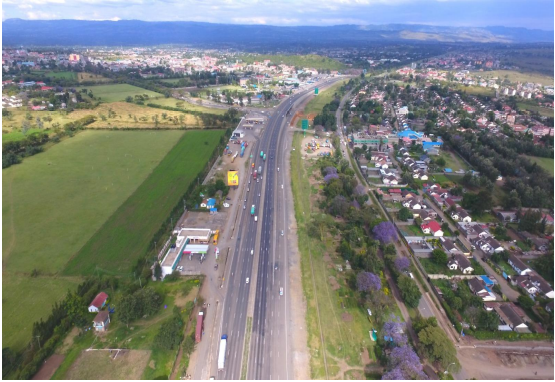The Motorists Association of Kenya (MAK) has strongly opposed the government’s plan to introduce toll charges on major national highways, warning that the move will increase the cost of living and burden already struggling motorists.
In a statement issued on Saturday, October 25, 2025, MAK said the tolling plan would effectively transform public roads into profit-making ventures for private investors. The association questioned the transparency of the proposed agreements for key routes such as the Rironi–Mai Mahiu–Naivasha, Nakuru–Mau Summit, and Eldoret–Malaba highways.
“Kenyans are already struggling with high fuel prices and multiple road-related levies. This tolling plan will only worsen the cost of living,” the association said.
Burden on Motorists
According to MAK, the introduction of toll fees will not only impact private car owners but also lead to higher passenger fares and increased transport costs for goods. The group warned that allowing foreign concessionaires to manage the toll roads could result in rate adjustments without adequate public consultation.
“The government is double-taxing Kenyans who have already paid for these roads through fuel levies and motor vehicle taxes,” MAK stated, calling for a review of the Public-Private Partnership (PPP) policy to protect road users from exploitation.
Call for Transparency
MAK further demanded that the Ministry of Roads and the National Treasury make the tolling agreements public, citing fears that some deals could restrict the construction of alternative free roads. The group urged Parliament to review the terms to ensure public interests are safeguarded.
The association maintained that road maintenance and expansion should be funded through taxes already collected, rather than outsourcing to private operators.
The statement followed an announcement by the Kenya National Highways Authority (KeNHA) that the Nairobi–Nakuru–Mau Summit Road would be tolled at Ksh 8 per kilometre, with a 1% annual escalation rate, under a PPP involving China Road and Bridge Corporation (CRBC) and the National Social Security Fund (NSSF).

